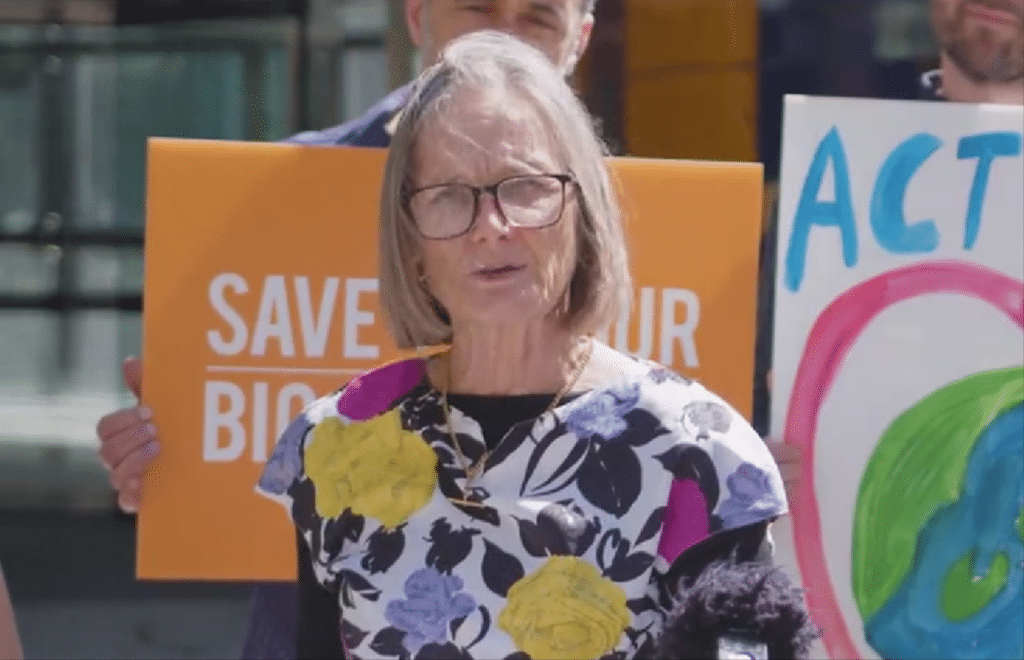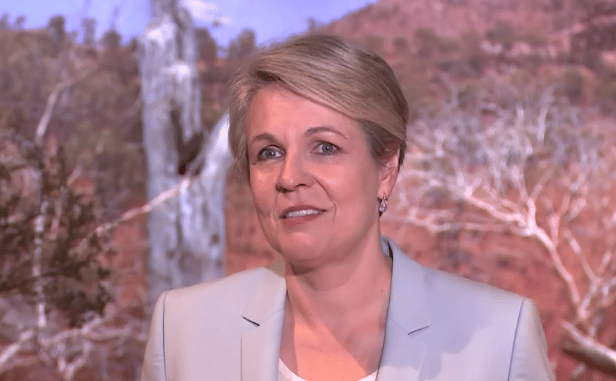The Federal Court has dismissed an environmental group’s case against Federal Environment Minister Tanya Plibersek and two coal companies in relation to the planned expansion of two coal mines in New South Wales.
It means the federal government can ignore climate harm to natural wonders like the Great Barrier Reef in its risk assessment of new fossil fuel projects. The decision is a victory for Plibersek, who worked alongside two coal companies, Narrabri Coal Operations and MACH Energy, on the case.
The Environment Council of Central Queensland, represented in court by Environmental Justice Australia, argued that Plibersek must assess how coal and gas emitted from fossil fuel projects would pose serious and irreversible harm to protected plants, animals and places in Australia.
The court ruled that under current laws, the environment minister is under no obligation to explicitly consider the harmful effects of climate change when considering whether to approve new fossil fuel projects.
The two projects cited in the case were two mines in New South Wales: Whitehaven Coal’s Narrabri underground extension project and MACH Energy’s Mount Pleasant project.
President of the Environment Council of Central Queensland, Christine Carlisle said while her organisation respected the court’s role, it was “bitterly disappointed and alarmed” by the outcome.
“After today’s Court decision, Minister Plibersek might rush to approve new coal mines and gas wells,” Carlisle said. “Two big fossil fuel companies stood by Minister Plibersek’s legal team every day in Court and defended her refusal to act on the climate harm of their projects.’
“Those mining companies might be celebrating tonight. But there is no way a responsible government could call this a win. It’s devastating for us all.”
Carlisle said she was alarmed that the current laws mean it is “somehow not our Environment Minister’s job to protect our environment from the biggest threat”, referring to climate change.
“She may try to argue she’s just following the law. But it’s her law. If our laws are failing in a crisis, it’s her job to fix it. And, until then, she must put a pause on all new coal and gas approvals.”

Elizabeth McKinnon, a lawyer and co-CEO of Environmental Justice Australia, said her client is considering all legal options in the wake of the decision, including federal court appeals and injunctions.
“Our client is awaiting an assurance from the Minister that she will not rush to approve these and the other pending coal and gas projects on her desk while our client considers its appeal rights,” McKinnon said.
McKinnon also pressed the point that the decision does not change the science of climate change.
“Nobody, not the Australian Government or the coal mining companies, challenged the facts set out in the thousands of pages of climate evidence,” McKinnon said.
“You don’t need to be a lawyer or a scientist to know that, whatever our old laws say, climate change is relevant to coal and gas approvals.”
This year, Plibersek has already approved four coal mining projects. The court’s decision on Wednesday has cleared the path for her approval of the two expansions in New South Wales, with the ABC reporting they have obtained documents showing the projects are likely to go ahead.
The Albanese Government has a target to reduce Australia’s emissions by 43 per cent by 2030 and to reach net zero emissions by 2050.
Greens Senator Sarah Hanson-Young said it shouldn’t have to fall on small community groups like the Environment Council of Central Queensland, “to take on the might of the fossil fuel industry and their accomplices in the federal government in court.”
“Australians voted for climate action at the last election, but every time the government fights to approve a coal or gas project they are putting Australia at risk of more frequent and extreme bushfires this summer.”


